India’s External Affairs Minister Dr. S. Jaishankar has emerged as a central figure at the G7 Foreign Ministers’ Meeting held in Niagara, Canada, from November 11–13, 2025. While the summit focused on global security, climate action, and economic resilience, Jaishankar’s bilateral engagements with his counterparts from Germany, France, and Brazil stole the spotlight, reinforcing India’s growing diplomatic clout and its commitment to shaping global governance.
India’s G7 Outreach: A Strategic Pivot
India’s participation in the G7 as an Outreach Partner reflects its expanding role in global affairs. Jaishankar’s presence at the summit was not merely symbolic—it was strategic. His meetings with key foreign ministers underscored India’s intent to deepen partnerships across trade, technology, health, and geopolitical cooperation.
| Country | Foreign Minister | Key Focus of Bilateral Meeting |
|---|---|---|
| Germany | Johann Wadephul | Strategic partnership, EU ties, West Asia |
| France | Stéphane Séjourné | Indo-Pacific, defense, climate action |
| Brazil | Mauro Vieira | Global South cooperation, multilateral reform |
Germany–India: Strengthening Strategic and Economic Ties
Jaishankar’s meeting with German Foreign Minister Johann Wadephul focused on advancing the India-Germany strategic partnership. Discussions included:
- Enhancing India-EU trade and investment flows
- Coordinating positions on West Asia and Afghanistan
- Expanding cooperation in green hydrogen and AI
Germany reaffirmed its support for India’s bid for a permanent seat in the UN Security Council, citing India’s responsible global leadership.
France–India: Indo-Pacific and Defense Synergy
France remains one of India’s closest defense and strategic partners. Jaishankar’s dialogue with French Foreign Minister Stéphane Séjourné centered on:
- Joint naval exercises in the Indo-Pacific
- Climate resilience and clean energy collaboration
- Counter-terrorism and cyber security frameworks
The two nations agreed to accelerate the implementation of the India-France Roadmap on Blue Economy and reaffirmed their commitment to multilateralism.
Brazil–India: Voice of the Global South
Jaishankar’s engagement with Brazilian Foreign Minister Mauro Vieira highlighted India’s leadership in amplifying the concerns of the Global South. Key outcomes included:
- Joint advocacy for UN reform and equitable global governance
- Collaboration in health diplomacy and vaccine equity
- Strengthening BRICS and G20 coordination
Brazil praised India’s role in bridging North-South divides and welcomed deeper cooperation in agriculture and digital transformation.
India’s Broader G7 Agenda
Beyond bilateral meetings, Jaishankar participated in plenary sessions addressing:
- Global supply chain resilience
- Climate financing for developing nations
- Countering disinformation and digital threats
- Peacebuilding in conflict zones
India emphasized the need for inclusive decision-making and equitable access to global resources, positioning itself as a bridge between developed and developing nations.
Comparative Analysis: India’s Bilateral Engagements at G7
| Partner | Strategic Domain | Outcome |
|---|---|---|
| Germany | Trade, EU ties, West Asia | Strategic roadmap reaffirmed |
| France | Defense, Indo-Pacific | Naval cooperation expanded |
| Brazil | Global South, UN reform | Joint advocacy strengthened |
Media and Diplomatic Reactions
Global media outlets have lauded India’s proactive diplomacy. Analysts noted that Jaishankar’s engagements were not just ceremonial but substantive, reflecting India’s evolving role as a global agenda-setter.
Diplomatic observers highlighted:
- India’s balanced approach to East-West tensions
- Its leadership in climate and health equity
- The credibility of its multilateral commitments
Conclusion
India’s outreach at the G7 Foreign Ministers’ Meeting, led by Dr. S. Jaishankar, signals a new phase in its global diplomacy. With focused bilateral engagements, strategic clarity, and a commitment to inclusive governance, India is not just participating—it is shaping the future of international cooperation.
Disclaimer: This article is based on publicly available diplomatic briefings and media reports. Readers are advised to refer to official government releases for verified updates.

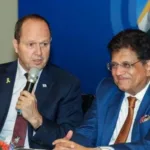
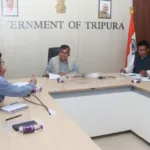

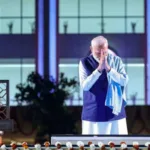

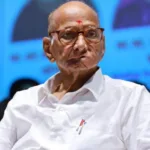
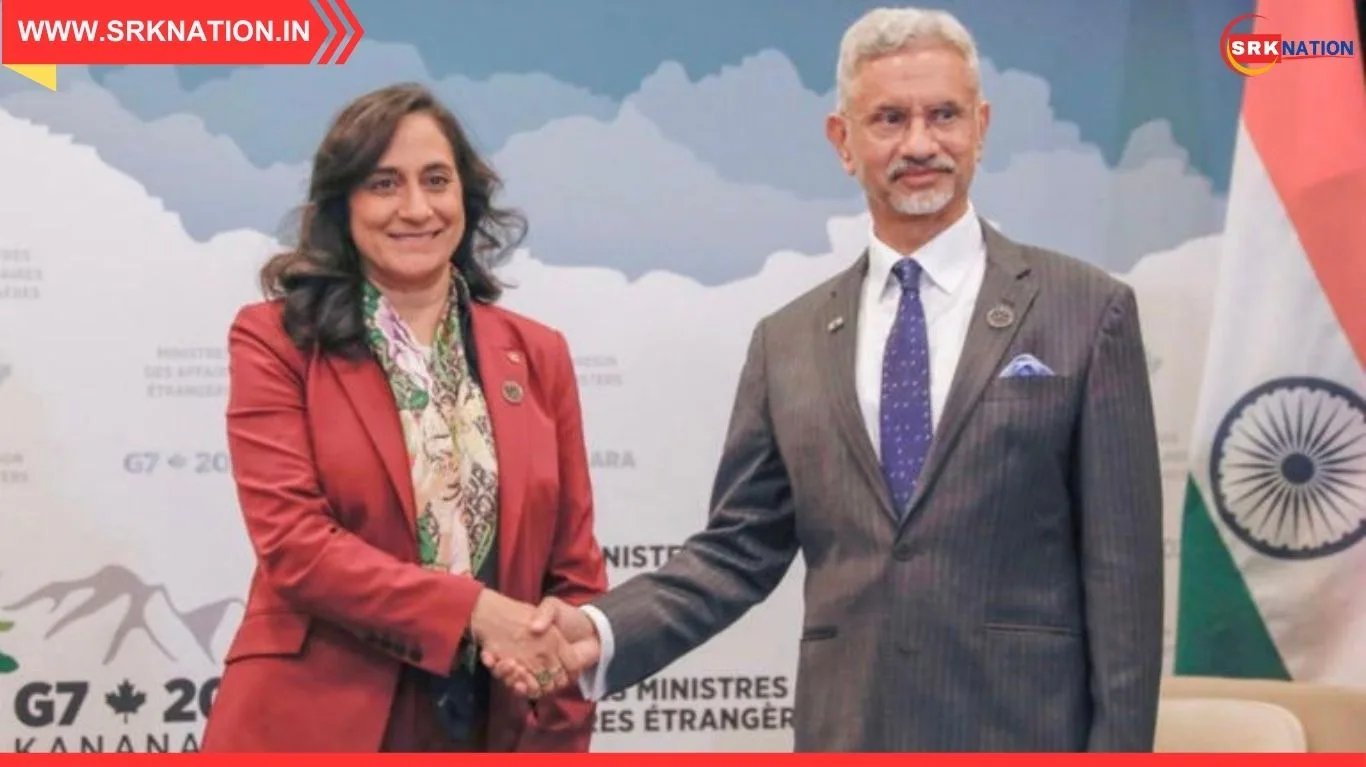

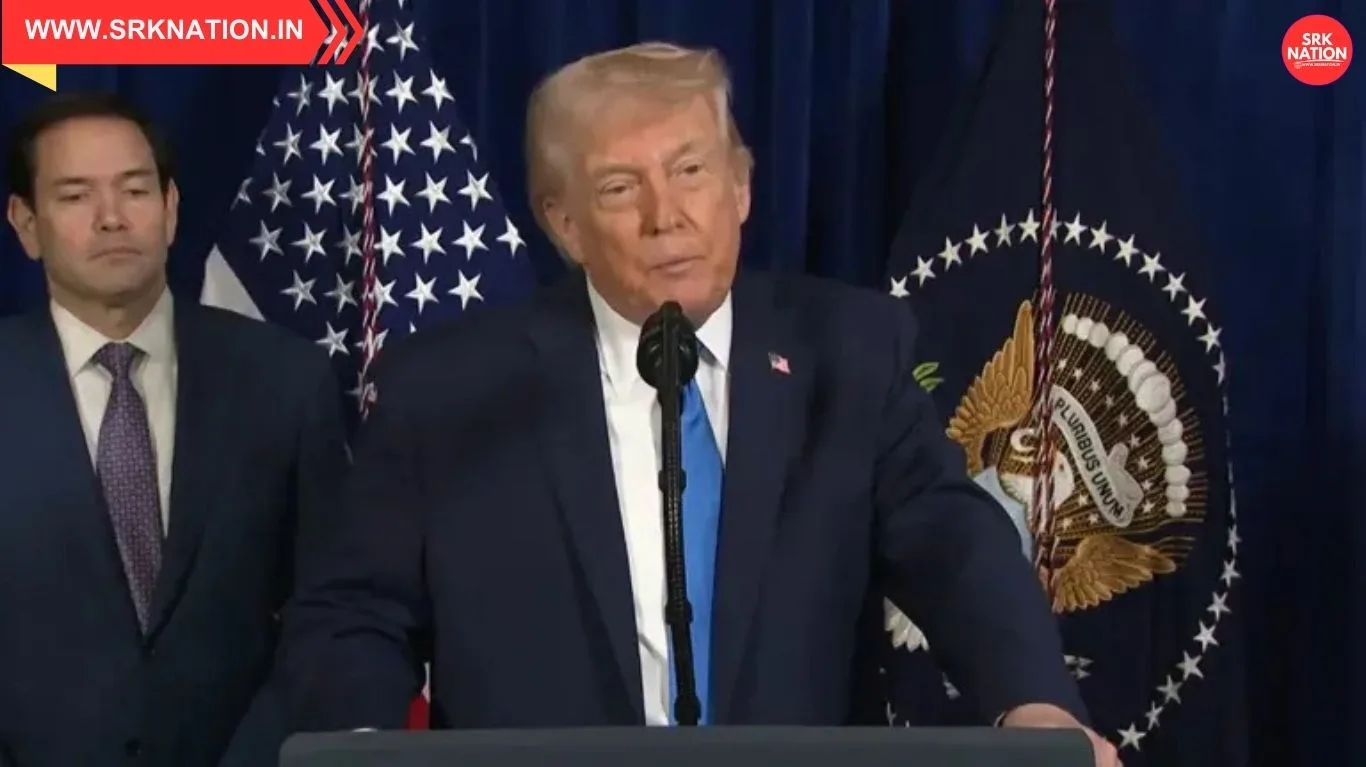
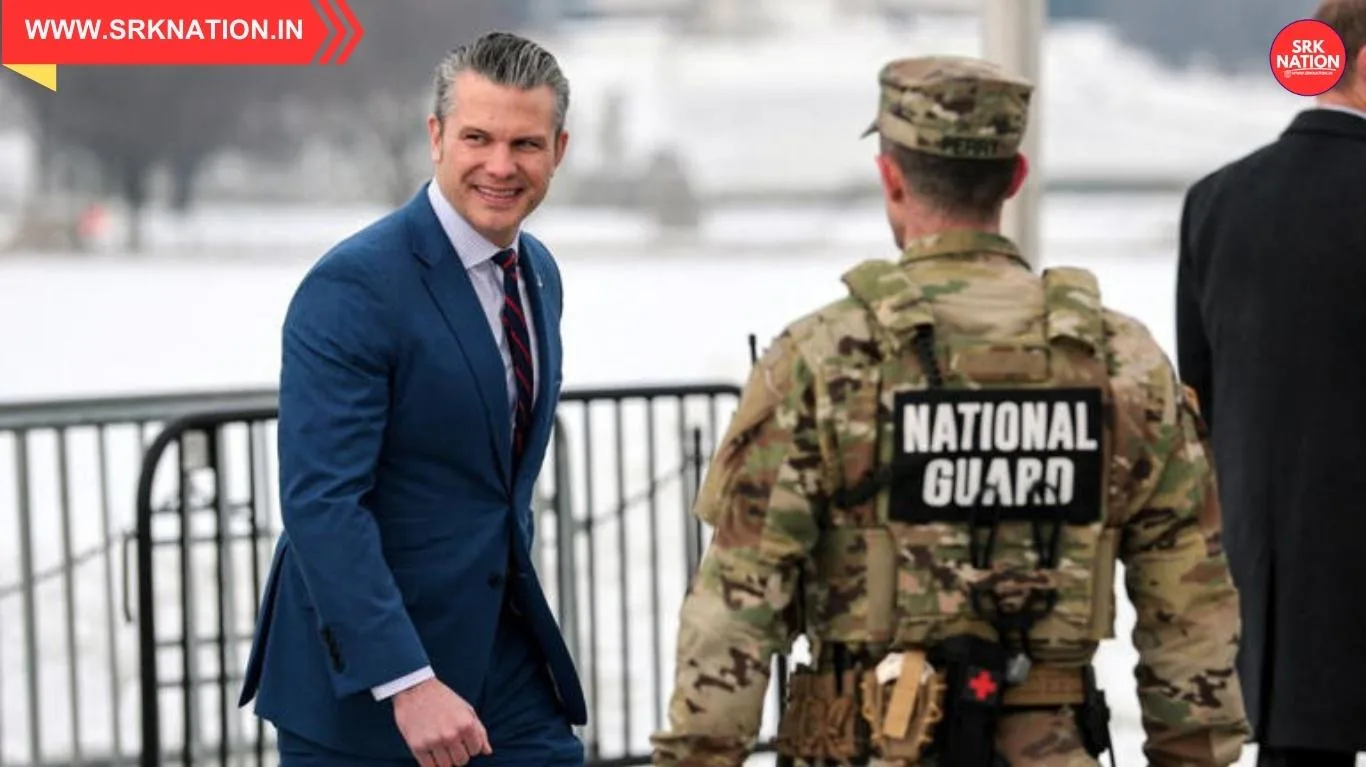
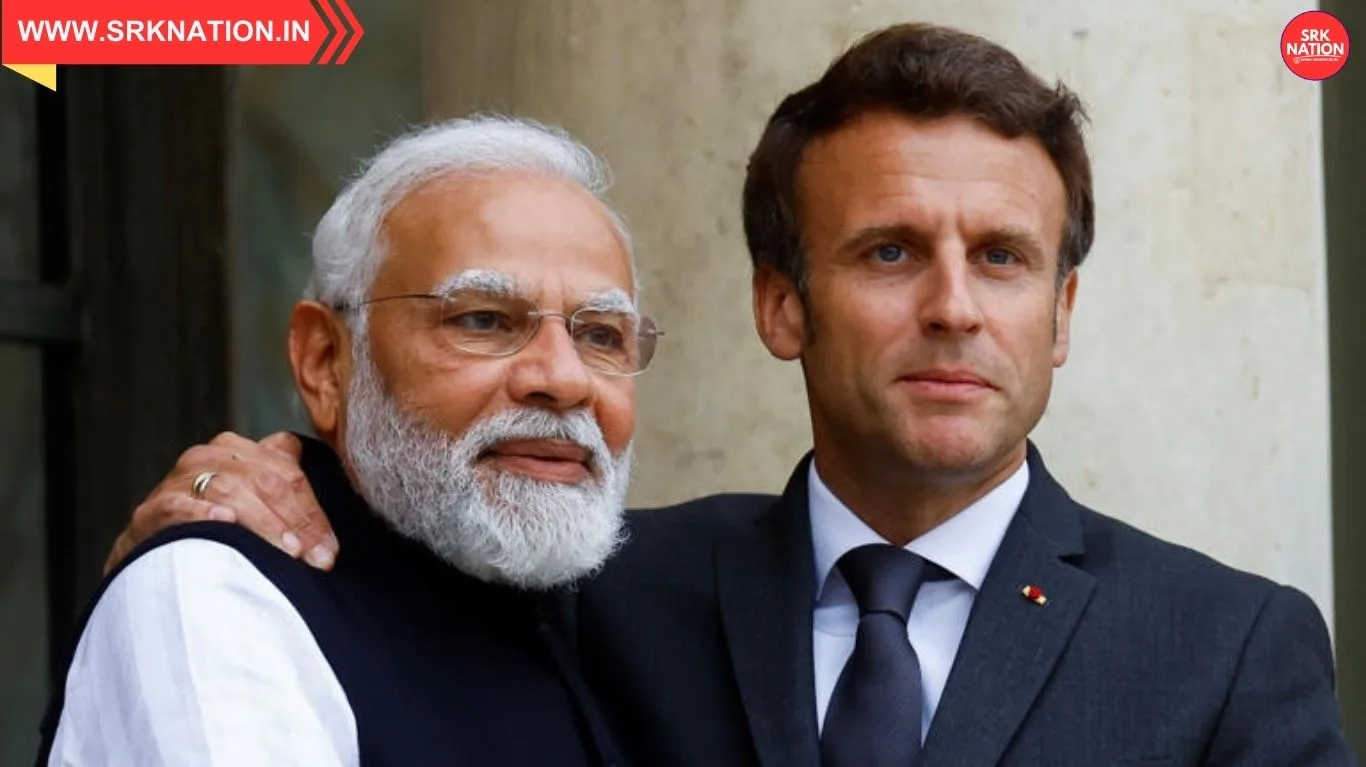
Thanks for sharing. I read many of your blog posts, cool, your blog is very good. https://accounts.binance.info/zh-TC/register?ref=DCKLL1YD